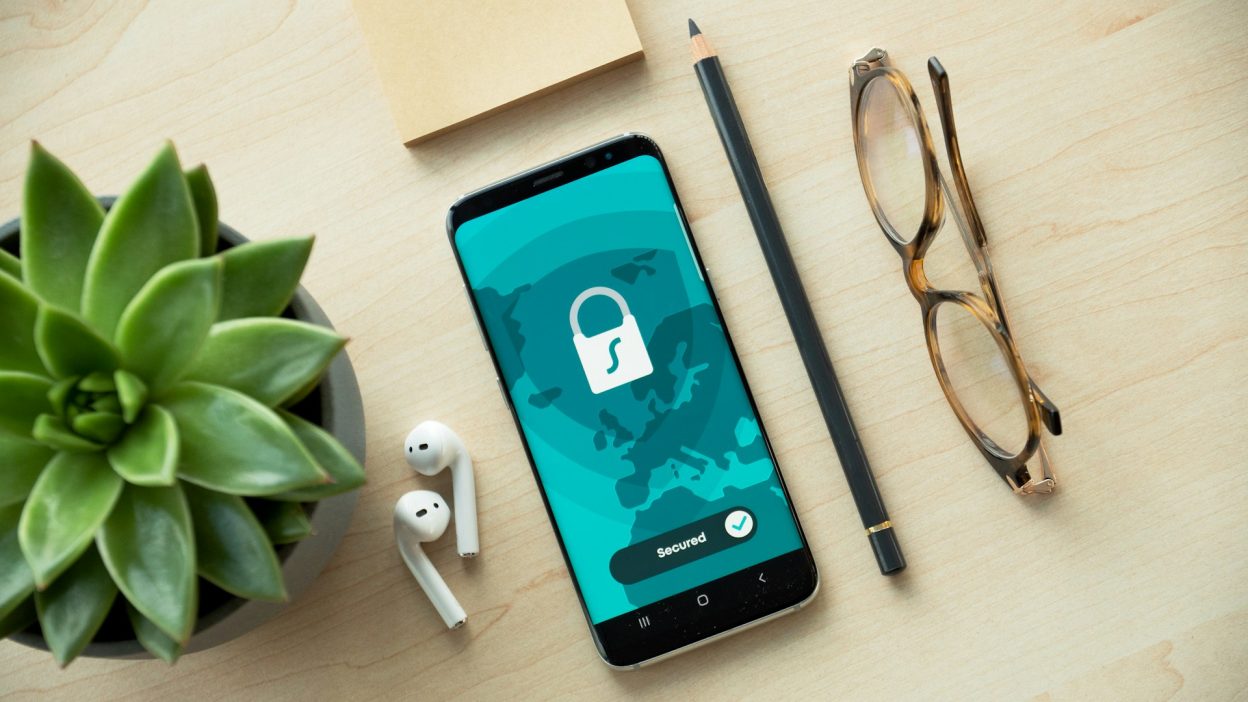Notemask.com is a well-known platform for sharing self-destructing messages meant to be secure and temporary. While those messages offer additional privacy coverage, they are not the only thing that aids in hiding your conversations.
Additional security measures are essential to ensure that cybersecurity threats do not get to your sensitive data.
Users express their worries regarding weak message security on platforms such as ComplaintsBoard.com, where current reports can demonstrate some shortcomings within particular applications.
So, here are the top ways to enhance online private message security.
1. Select a messaging application with encryption
When it comes to security, encryption is central to confidential communication. Apps that allow the sending of private messages should have end-to-end encryption (E2EE). Only you and the person you are messaging with can have access to the contents of the conversation. No one, including the service provider, will be able to read the messages.
You can find E2EE on Signal, Telegram (Secret Chats), and WhatsApp. Hackers, sleuths, and data leaks can be put under control because these platforms make sure your messages are sent safely.
2. Be cautious with message expiration settings
Most of us love the idea of self-destructing messages. If a person is capable of capturing a screenshot or copying the content before it vanishes, the message is no longer considered confidential. While some platforms alert you if a screenshot is taken, many do not.
For better protection, consider using applications that provide screenshot blocking or watermarking. If the material shared is of extreme sensitivity, consider conveying it verbally or via more secure offline methods.
Luckily, NoteMask.com has it all.
3. Verify recipient identity
These days it seems like phishing and impersonation attacks are getting better and better. Always be sure to verify the details of the person before sending sensitive messages. With the ability of cyber criminals to hijack accounts and create fake profiles, the risk of being tricked is very high.
Using Multi-Factor Authentication (MFA) is one way to verify identity. Sending a Confirmation via a separate communication channel before sending private messages is also helpful.
4. Avoid sending sensitive data over unsecured networks
Cyber criminal activities, alongside the use of unsecured networks, have made public Wi-Fi locations a playground for hackers. Sending private messages over unsecured networks allows them to use Man-in-the-Middle (MITM) Attacks. Using a virtual private network (VPN) when sending confidential messages whilst using public Wi-Fi is very helpful in encrypting the connection.
5. Enable disappearing messages but stay alert
Some messaging platforms allow users to delete messages after a specific duration, which can increase the chance of sensitive data being leaked. For added safety, regularly delete chat histories and refrain from storing important messages in cloud backups.
Another option is to use messaging platforms that let you configure a specific expiration date for each conversation so messages do not stay longer than required.
6. Be mindful of metadata
Even with encrypted texts, information such as the time and location messages were sent can still be seen through metadata. Knowing who sent a certain message and who it was sent to is also visible. This information can help track your movements even though the content is secured.
There are platforms that aim to collect and use as little data as possible to eliminate the risk of exposure to metadata. If the platform offers anonymous messaging, it is also wise to use it.
7. Report security threats
If there are any concerns regarding a messaging app’s security or the presence of phishing attempts, it is ideal to report these suspicions to the platform. Cybercriminals depend on users being unaware of loopholes in the system.
8. Always monitor reports from the public
There is no perfect messaging platform. Every conceivable messaging tool could potentially face a security breach.
Reading the experiences of others regarding security breaches can help you mitigate risks. Platforms such as ComplaintsBoard.com enable users to file reports on suspicious activity that can help raise awareness of the threats.
Securing your private messages is more than just using self-destructive messages. The choice of platform, verification of receivers, and being on secured IT infrastructure are all contributory to securing conversations. Following the above-mentioned practices will go a long way in ensuring your private messages stay private in a digital-centric world.
Author: Dannie Reeves

Dannie focuses on secure communication, data safety, and modern-day threats in the technology world. She likes building custom keyboards, using open-source encryption tools, and using the latest cybersecurity software.
